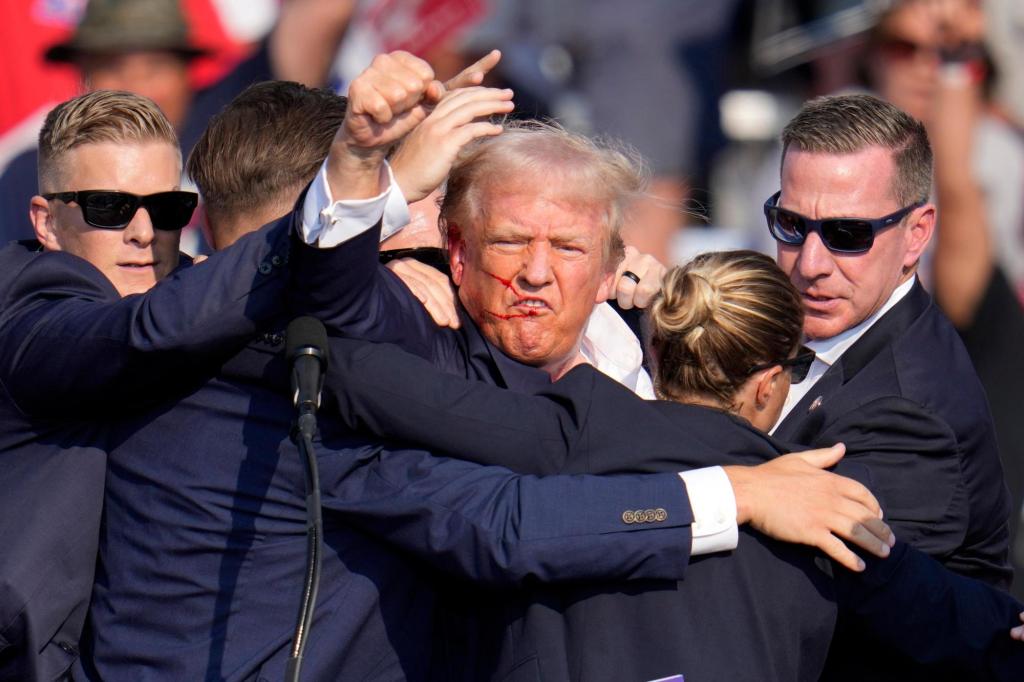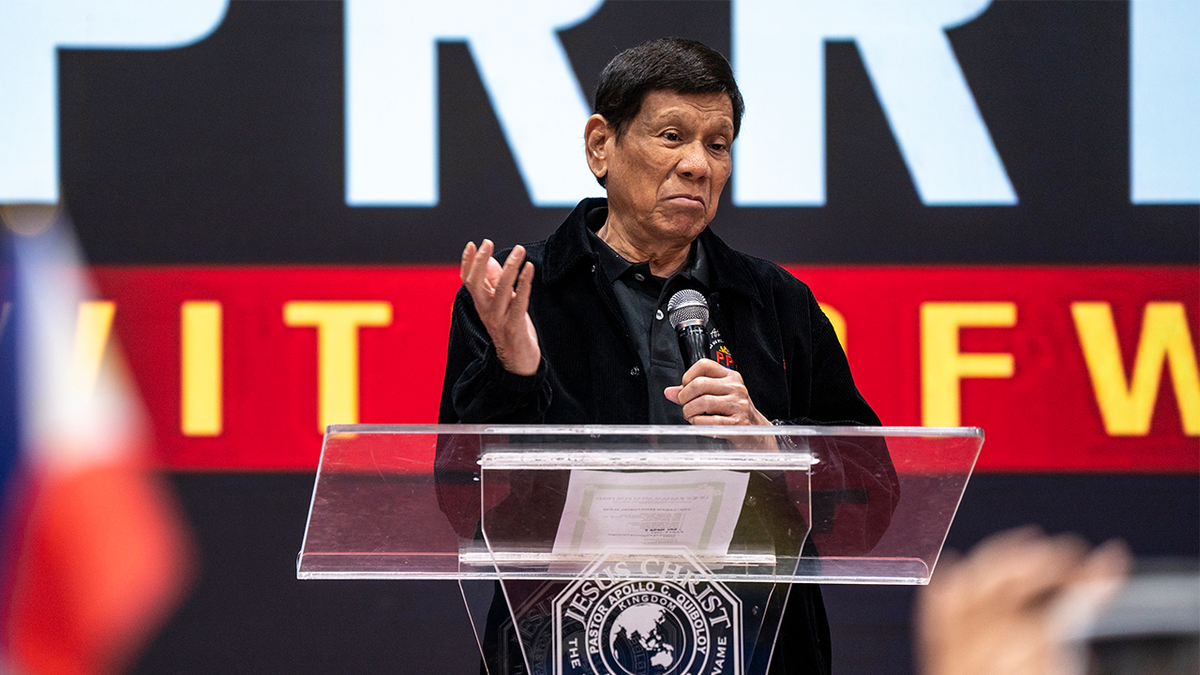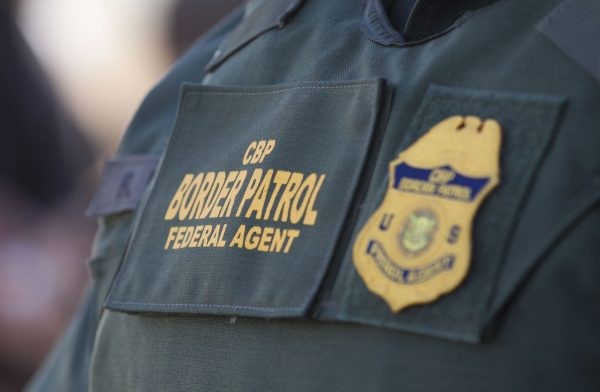

By REBECCA SANTANA
WASHINGTON (AP) — A task force looking into the assassination attempts against Donald Trump during his presidential campaign is recommending changes to the Secret Service, including protecting fewer foreign leaders during the height of the election season and considering moving the agency out of the Department of Homeland Security.
The 180-page report by the bipartisan congressional task force released Tuesday is one of the most detailed looks so far into the July assassination attempt against Trump during a campaign rally in Pennsylvania and a second one in Florida two months later.
Like other investigations and reports, the task force railed at the agency tasked with protecting the top echelon of America’s democratic leaders.
“The events of July 13, 2024, were tragic and preventable, and the litany of related security failures are unacceptable. The Secret Service’s zero fail mission allows no margin for error, let alone for the many errors described in this report,” the authors wrote.
The task force has been investigating the July shooting, where a gunman opened fire from the roof of a nearby building. Trump was wounded in the ear, one rallygoer was killed and two others were wounded.
It also has been investigating another assassination attempt in September. That gunman waited for hours for Trump to appear at his golf course in Florida, but a Secret Service agent thwarted the attack by spotting the firearm poking through some bushes.
Here are some of the highlights of the report and its recommendations:
Reducing the number of people protected — specifically foreign leaders
The report’s authors noted that the number of people that the agency is tasked with protecting has “greatly expanded.” At the same time, the presidential campaign season is getting longer and more intense, the report said.
But the agency is also tasked with protecting foreign dignitaries during the U.N. General Assembly, when heads of state and government flood into New York. That event happens every September, which comes at the “height of campaign season,” the report noted, adding to the agency’s staffing crunch.
“Congress, DHS, and the USSS should jointly consider the protective role the USSS plays for foreign leaders and consider whether such duties can be transferred or abrogated in order to focus on the USSS’s primary duty: to protect the President and other critical U.S. leaders,” the report said.
Drop some investigative work, especially during elections
The Secret Service is known for its high-profile work of protecting the president, the vice-president, presidential candidates, their families and others.
But the officers also carry out a wide range of investigations not related to their protective mission — investigating fraud and financial crimes, for example. These responsibilities stem from the time the agency was part of the Treasury Department, and agency leaders say the investigations are an important part of training Secret Service officers for skills they’ll need on protective details.
But the task force recommended reviewing these investigative responsibilities — especially during campaign season — so the agency “can prioritize the protection of U.S. leaders and candidates running for office.”
“These non-protective, investigative functions require systemic review because of the USSS’s stunning failure to protect President-elect Trump on July 13,” the report said. “The Secret Service’s protective mission is at the core of the agency’s purpose — anything that distracts or diverts resources from the agency’s zero fail mission must be reconsidered.”
Should the Secret Service stay in the Department of Homeland Security?
For decades, the Secret Service was included in the Treasury Department. After the Department of Homeland Security was created in the aftermath of the Sept. 11, 2001, attacks the Secret Service was moved over to DHS.
The task force suggested reevaluating that move. The lawmakers said that during the time Secret Service has been in the Homeland Security Department, “USSS has not benefited from stable leadership.”
The task force said the current structure “potentially weakens USSS, a small but critically important agency, in advocating for its budget and other priorities inside a much larger entity.”
“A fresh look at whether USSS might benefit from the status of an independent agency, with more freedom to make budget requests and advocate for itself, would be a healthy discussion for former USSS leaders to have with Congress,” the task force said.
Originally Published:






